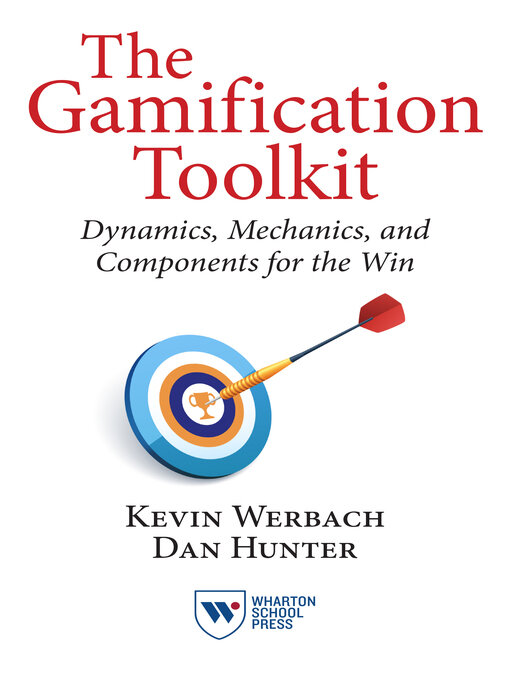Episode 23: Kevin Werbach
Blockchain: Understanding Decentralized Governance and the Currency
Despite its decentralized governance and vulnerability, why does Blockchain excite even the most powerful companies and governments? Associate Professor of Legal Studies & Business Ethics at Wharton, Author, and Founder of Supernova Group Consulting Firm, Kevin Werbach dives into the details of his book, The Blockchain And The New Architecture Of Trust.
Listen as he discusses with host Greg LaBlanc how we can put ourselves in the position of confident vulnerability and how the different trust frameworks substitute and work complementary with each other. Kevin explains why Blockchain emerges in places where there’s a solid institution of trust.
Finally, make sure to take notes as they comprehensively talk about issues arising from the decentralized governance of this system, learning from the DAO, integrating smart contracts in legal systems, and the concept of Information Fiduciary.
Episode Quotes:
Systems of trust: substitutes or complements?
What's good about blockchain type systems is it's a different kind of trust. You're trusting in the technology, the code, the math, the cryptography and then that's an alternative. He really sees them as substitutes and I pushed back a lot on that view as well. You know, I'm sure we'll get to one of the other big points of the book that is regulation, governance law. These are not opposed to the kind of cryptographic decentralized trust that blockchain enables. In fact, having good systems of law, regulation and governance are necessary to realize the full potential of the technology.
Why do blockchains emerge in places where there’s a solid institution of trust?
The first one is important that while it's certainly true that many people at the beginning and even now, who are influential and associated with cryptocurrencies and blockchain have this radical distrust of governments and authority. Well, that's certainly true. Coinbase is now the most valuable crypto company in the world. If you use Coinbase, you give them your keys, you give them control of your digital assets. 80% of all cryptocurrencies are held in these centralized exchanges where people literally give someone else control. Why? Because it's much easier and more effective that way. You, as an individual, don't have the full burden of securing your digital assets and having no recourse if you lose the private key. The second one, I really agree with your statement that we don't see the adoption of blockchain in areas that have a significant breakdown in trust. Those are societies where there are huge problems. And so we're typically not going to see massive investment and large companies being built, just because of all the different societal problems in general. The issue is ultimately not the one that the digital systems, the blockchain system solve.
In context to what happened to DAO, how did this prompt the industry to make the system better and open discussions on governance?
If you look at what the more sophisticated blockchain-based systems are doing, and this has only increased in the time since the book came out, they are building new governance mechanisms that try to recreate some of the best features of court systems in a decentralized way. Now, again, that’s still not going to be perfect. I still think we need law as a backstop ultimately. They are recognizing that there's a value that those governance mechanisms promote. The issue is not how to abandon them, but how to get as much of the benefit of them as possible in a decentralized way.
An overview of Information Fiduciary in the context of big data companies:
If you're a fiduciary, you have special obligations. You have to take into account the interest of the one that you are responsible for ahead of your own interests. Jack Balkan at Yale and Jonathan Zittrain at Harvard have made the claim that big digital platforms like Facebook and Google are now so central to the information ecosystem. We have so much dependency on them for our data without really any choice to say, no. We can't just say I'm going to live my life and never touch them in the world today. Because of that, they should be treated as fiduciaries. They should have obligations. For example, if I can make money on your data, I just need to have a contract where you say you agree to that use. No, no, no. They have to show that their use of your data is in your interest. They use your data to give you a better service but not if they use data for them to make more money, that's against a mantra.
Show Links:
Guest's Profile:
Order Books:
For the Win: The Power of Gamification and Game Thinking in Business, Education, Government, and Social Impact
The Blockchain and the New Architecture of Trust (Information Policy)
The Gamification Toolkit: Dynamics, Mechanics, and Components for the Win








